By Kevin Tangonan
IN A PANDEMIC world where joy sometimes feels like it’s been in short supply, the autumn festival season provides us all with a much-needed respite. As the world gears up for celebrations in the coming months, we look at four festivals which bind us together through a common theme of respect and veneration: the Double Ninth Festival (Chung Yeung Zit), Maulid Nabi (Mawlid al-Nabi), All Saints’ Day (Undas), and Diwali (Deepavali).
..........................................................
Double Ninth Festival (Chung Yeung Zit)
October 14, 2021
What better way to start than with a local holiday celebrated in Hong Kong and most of eastern Asia? The origins of the Double Ninth Festival can be traced back to Yi Jing, an ancient Chinese divination book. Nine is considered as a yang number in the book (yang being one of the elements of the dual force of yin and yang, in which yin is associated with dark and yang with light). Hence, the ninth day of the ninth lunar month is thought to be doubly inclined towards yang or light – and thus an auspicious day in the calendar. As this festival is shared between Chinese, Korean, Vietnamese and Japanese people, there is a common theme of returning to homelands, visiting family graves, handing out offerings and going on mountain hikes.
Fun fact: Although the food offerings vary across cultures, the drink of choice remains the same in most cases: chrysanthemum wine. It originated in ancient China as Juhuajiu (Gukfaazau) and migrated to Korea as Gukhwaju, to Japan as Kikuzake and to Vietnam as Hoang Hoa Tuu. The process of preparation is also similar: sticky rice and fresh chrysanthemum petals are fermented underground, sometimes for years, and served chilled on this day.
..........................................................
Maulid Nabi (Mawlid al-Nabi)
October 18 & 19, 2021
Maulid Nabi, as it is known in Indonesia, Malaysia, Brunei and Singapore, is derived from the Arabic root word دلو†which loosely means ‘to give birth’. This day celebrates the birth of Prophet Muhammad. Maulid Nabi is typically held on the 12th day of the third month of the Islamic calendar, though this date is debated among Sunni and Shia scholars. On this day, large street processions are held, mosques and homes are decorated, and carnivals are organised. The splendour and liveliness of these festivities expresses the deep love and respect for Muhammad. Usually, these festivities are sponsored by organisations or wealthy benefactors following one of the central tenets of Islam, Zakat (giving back to the community through charitable works). People show charity and help those less fortunate during this time, hoping that God will bestow blessings upon them in return.
Fun fact: Mawlid is celebrated in most of the Islamic world. It’s also recognised as a public holiday in some non-Muslim majority countries like Ethiopia, India, Fiji and Sri Lanka. The only two Islamic countries in the world that do not celebrate Mawlid are Saudi Arabia and Qatar, which adhere to a more conservative school of Islam called Salafism.
..........................................................
"As a kid, I remember our family would go to the grave of my lolo (grandfather), set up a tent, eat adobo (a classic Filipino stew) and pray" – Joseph, exchange student from Manila
..........................................................
All Saints’ Day (Undas)
November 1, 2021
Originating from the Roman Catholic Church, All Saints’ Day was meant to commemorate Christian martyrs and saints with a feast. This practice was extended to other Christian schools of thought, as well as other countries, most notably the Philippines, where it came to be known as Undas. Undas comes from the Spanish word ‘honras’ or ‘with honours’, as in the commemoration of the deceased. Filipinos observe this day by visiting family members, cleaning and putting off erings on their loved ones’ graves.
Fun fact: There is a belief among Filipinos thatthe more candles are lit, the more lights there will be to guide the spirits of their family members in the afterlife. In rural areas of the Philippines, a folk tradition called Pangangaluluwa (“souling”) accompanies Undas, where children go around dressed in costumes, sing songs, and ask for gifts – similar to the Halloween trick-or-treat traditions in North America.
Joseph, an exchange student currently attending a Hong Kong university from Manila, Philippines says, “As a kid, I remember our family would go to the grave of my lolo (grandfather), set up a tent, eat adobo (a classic Filipino stew) and pray. We were told not to step over the grave, as it would bring bad luck, but we did play with the candle wax on the graves when it dried and rolled them up into balls. These days, many Filipinos celebrate Undas by just going with family to the beach or on a holiday.”
..........................................................
Diwali (Deepavali)
November 4, 2021
Diwali, as it’s known in northern India, or Deepavali, as it’s referred to in other parts of the country, is internationally recognised as the Festival of Lights. The story of Diwali diff ers across India, but mainly centres around the triumph of light over darkness and good over evil. Houses are decorated with rangoli (colourful patterns) and diyas (earthen lamps) to usher in good fortune during this period.
Fun fact: Many households offer prayers to Hindu goddess Lakshmi, who symbolises wealth and prosperity. Exchanging and eating sweets are also an important part of Diwali. Says Rakhi, who hails from New Delhi and works in a retail firm in Hong Kong, “One of my best memories of Diwali are the homemade sweets known as mithai. Everyone in the household starts preparing these sweets weeks before Diwali. Some of my favourite mithais are ladoo (a sweet ball made of gramfl our and coconut), sooji halwa (toasted semolina with ghee, milk and honey) and barfi (a milk-based confectionary with fruits or nuts and cardamom for flavouring).”
..........................................................
As these festivals help reinstate, nothing is more important than shared time spent with family, friends and the community. Given the current situation where many of us are separated from family during the holiday season, we hope you can find a way to keep in touch virtually. Check up on elderly family members, or those in the community that may be alone and in need of help. But most importantly, stay safe and healthy!


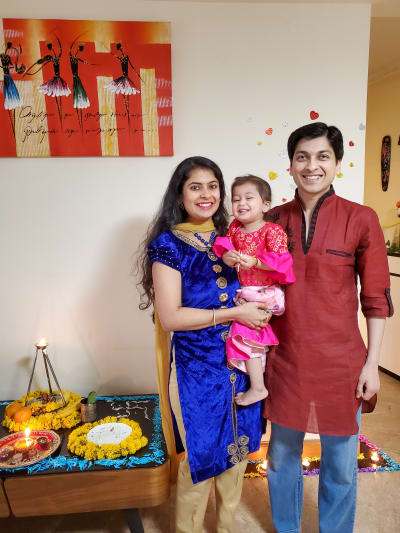




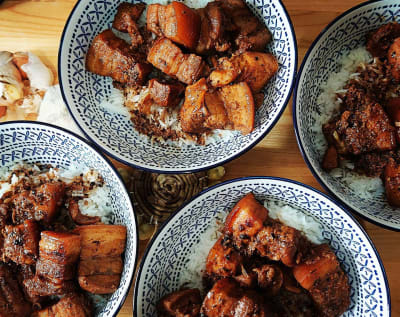
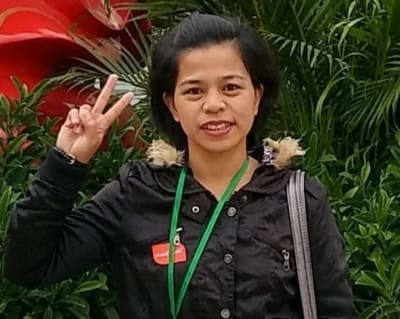




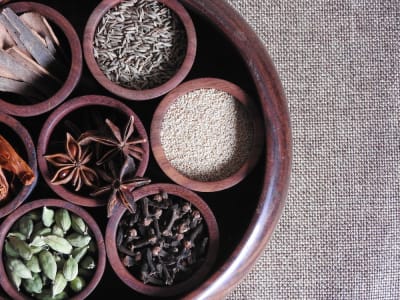
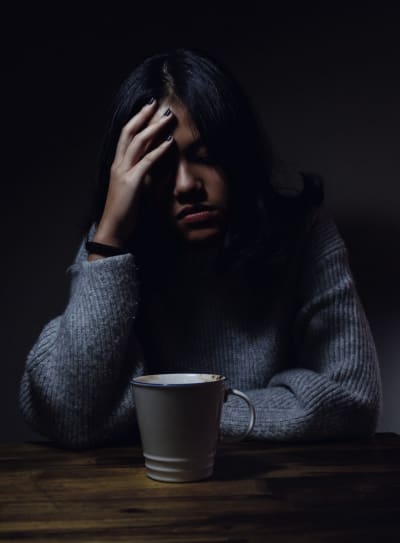
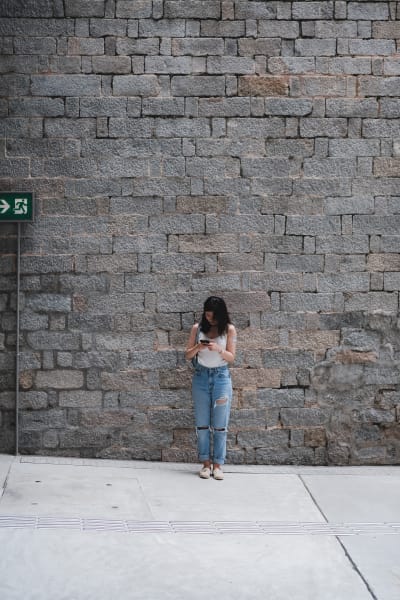



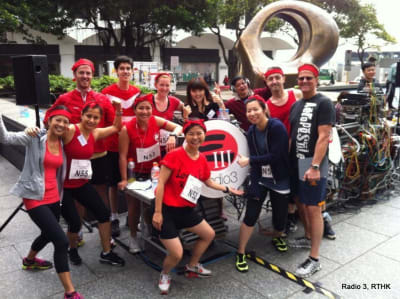
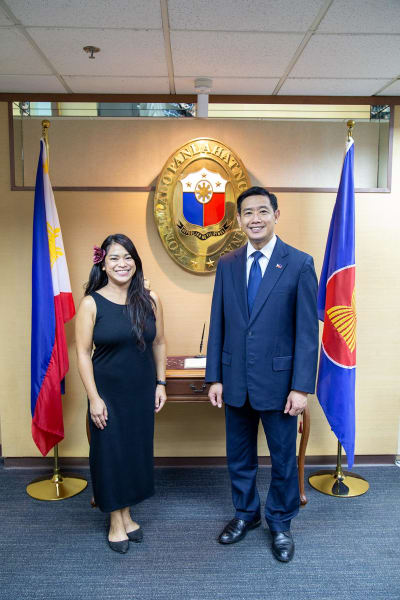




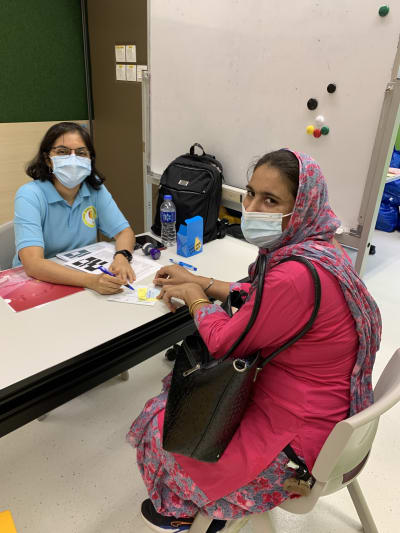
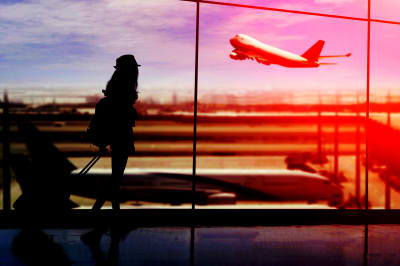
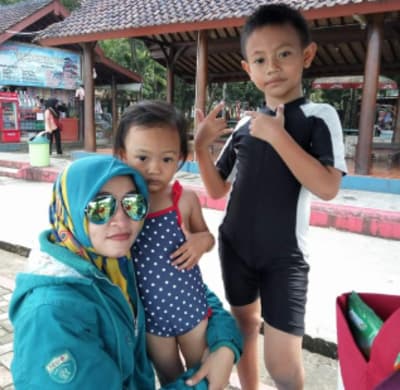
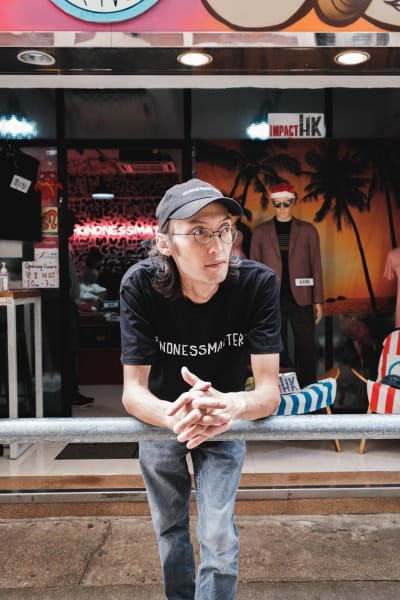


9dde49c3be6bac6166d59fb7abf39532)



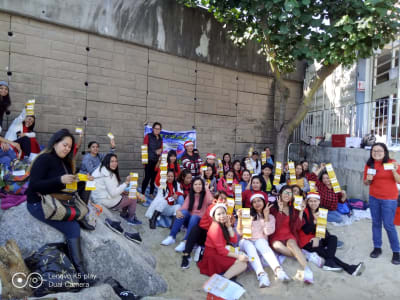



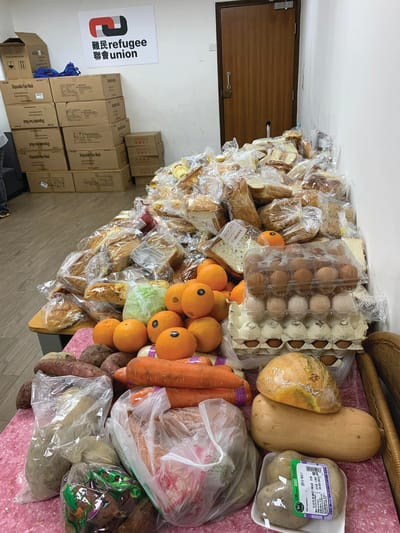

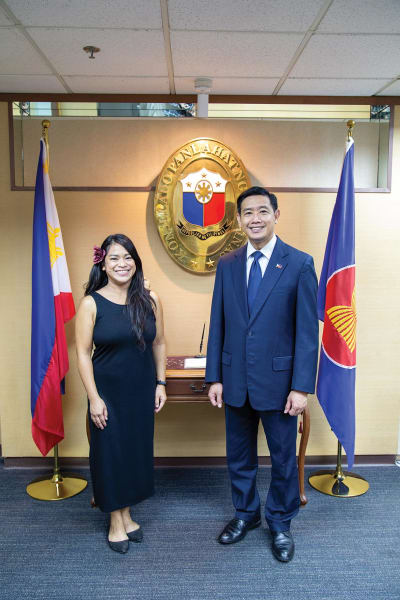
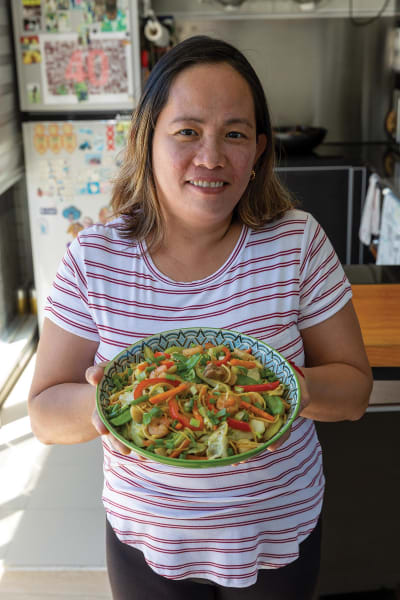



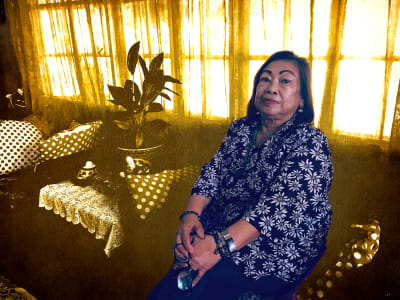

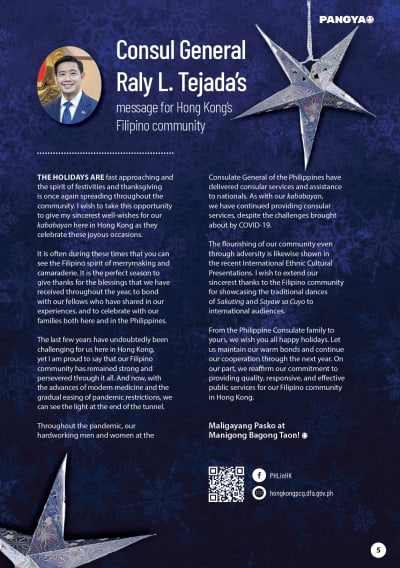


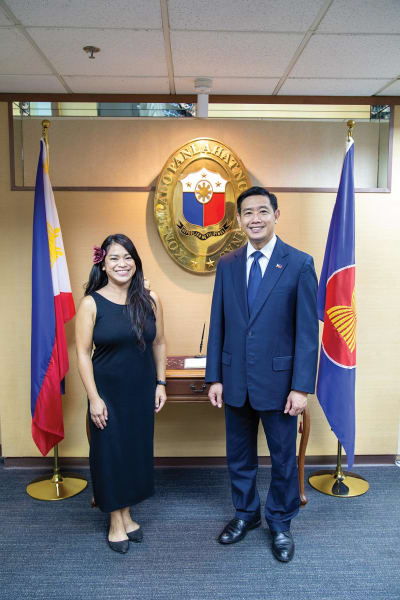

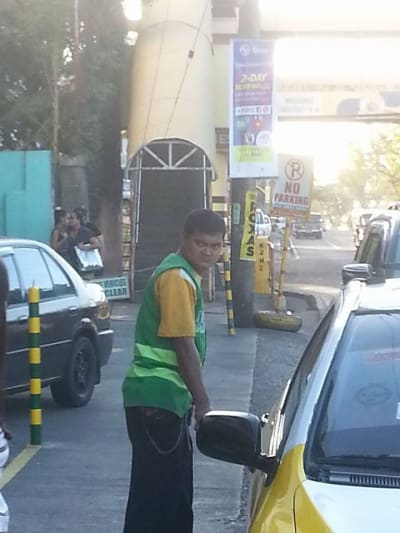
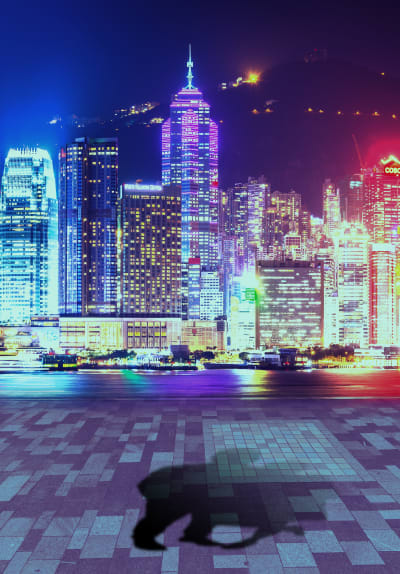
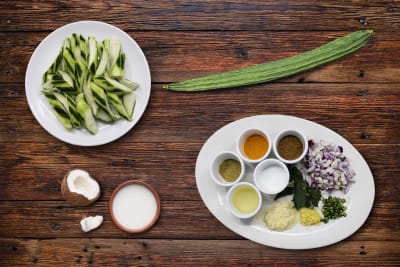
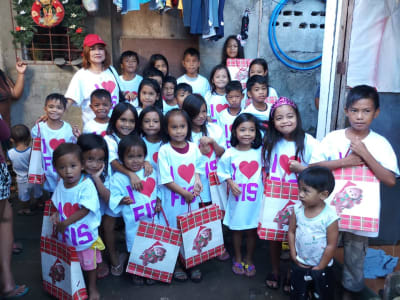


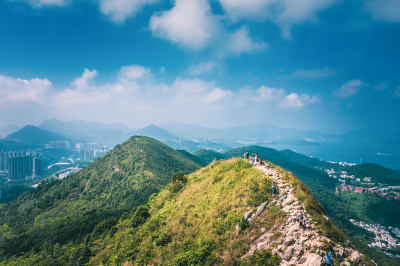

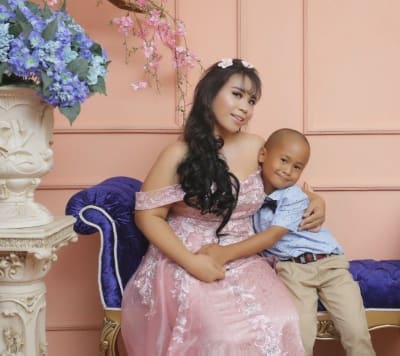




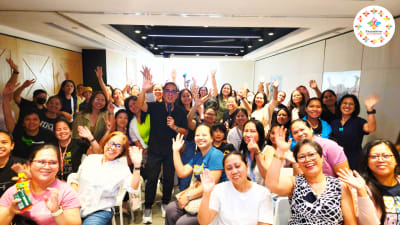
 (1)4b7355993ca6165c683913d00254e725)
6c2435b2dd0927f22b3222b88d21fb70)
